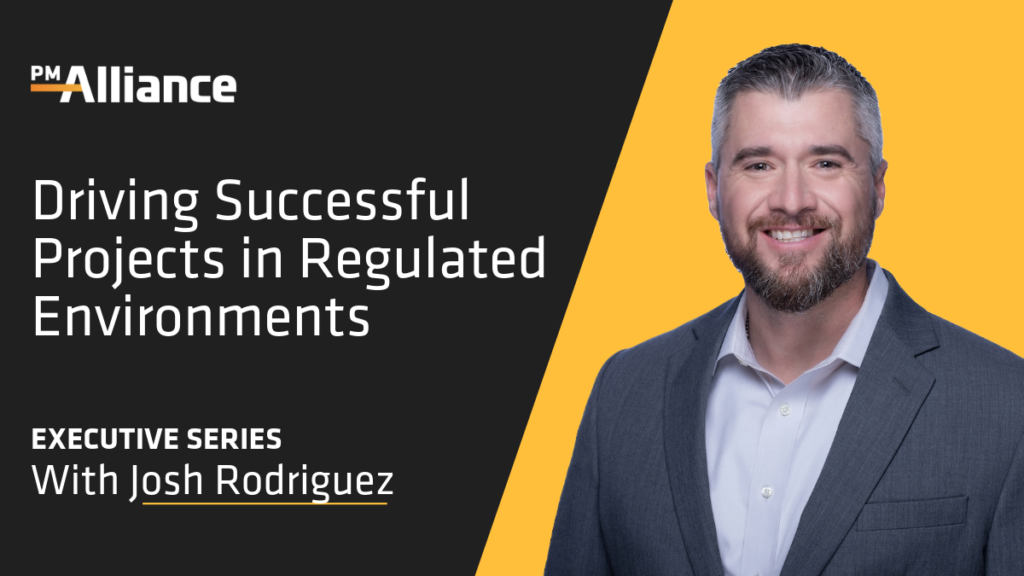Projects that include a compliance element bring additional layers of complexity and a deeper need for expertise than a typical initiative. Manufacturing is just one environment where regulatory requirements are likely to drive project planning and execution, with healthcare, utilities, and others also commonly following one or more compliance frameworks. Noncompliance can stop your project cold and can even disrupt your entire operation.
If your company doesn’t have a project consultancy partner with regulatory experience, you could suffer a huge work stoppage right as you’re looking to move ahead. Whether it’s expanding your operations within your facility and relocating key activities to a new site, your project team must understand how to maintain compliance at every stage of your initiative’s lifecycle.
Understanding the activities
Questions need to be asked at the beginning of every compliance project. Your organization has subject matter experts to answer those questions, but the right project management consultancy will bring critical experience around the types of questions that are most relevant. With tight project schedules and the risk of severe business disruptions if something goes wrong, this isn’t the time to start from scratch. Which pieces of equipment require validation post-move? Are multiple certifications from different governing bodies needed? Do you need to achieve in a particular order, such as passing one audit to qualify you for the next? Identifying hurdles early ensures your project doesn’t fall into danger territory due to noncompliance issues. Your project partner will bring knowledge of the nuances of compliance projects to help keep efforts on track at every step.
Maintaining the schedule
Projects in regulated environments often have hard milestone deadlines. From scheduling audits to achieving certificates of compliance, you need to know the project timeline aligns with these important dates. Reviewing progress as a team is a critical part of maintaining the schedule. This gives stakeholders an opportunity to see whether key milestones held their dates compared to the week before. If there was slippage, or if the timeline is falling behind, these frequent meetings enable the team to understand why slippage occurred, and the scope and potential impacts of any scheduling concerns. From there, you can develop actions to swiftly address them and restore the project schedule to a healthy state.
Controlling risks
Along with monitoring individual risk areas, it’s also important to regularly assess the overall project. Many different buckets of work need to be done, and every task is connected to multiple other tasks. A slip in one area will produce negative ripple effects and could create a cascade that puts your regulated project at risk of failure. Use weekly meetings to identify risks early, develop a response strategy, and assign people to work on those issues to get out in front of them.
Fluid planning is always happening because things change throughout the course of a project. An experienced project management consultancy can help you identify optimal task sequences and maintain flexibility across the schedule to ensure that issues such as delays don’t create unwanted downstream impacts.
PMAlliance, Inc uses a team of highly experienced and certified professionals to provide project management consulting, project management training and project portfolio management.


